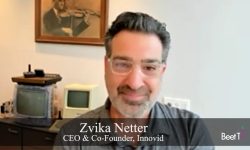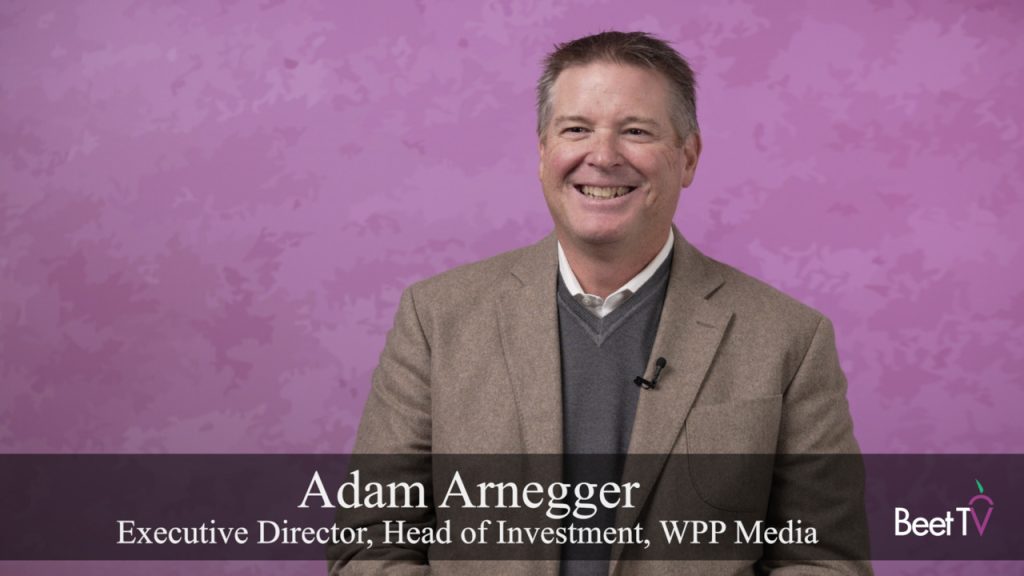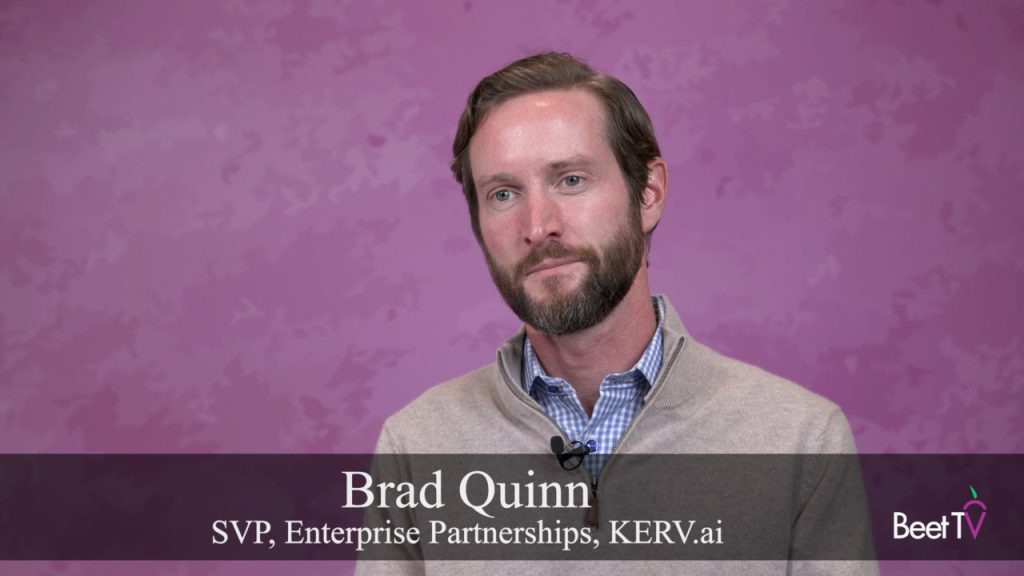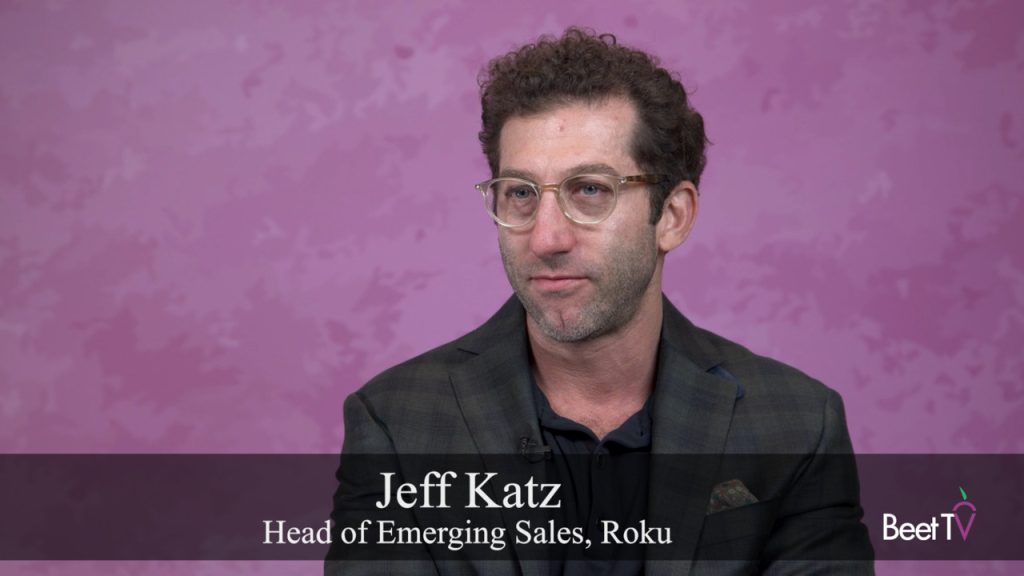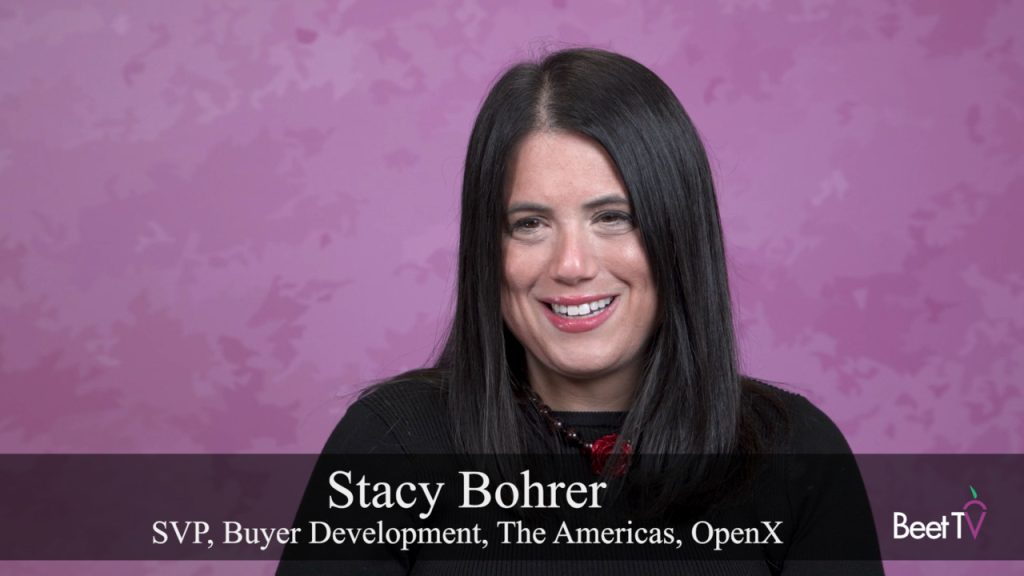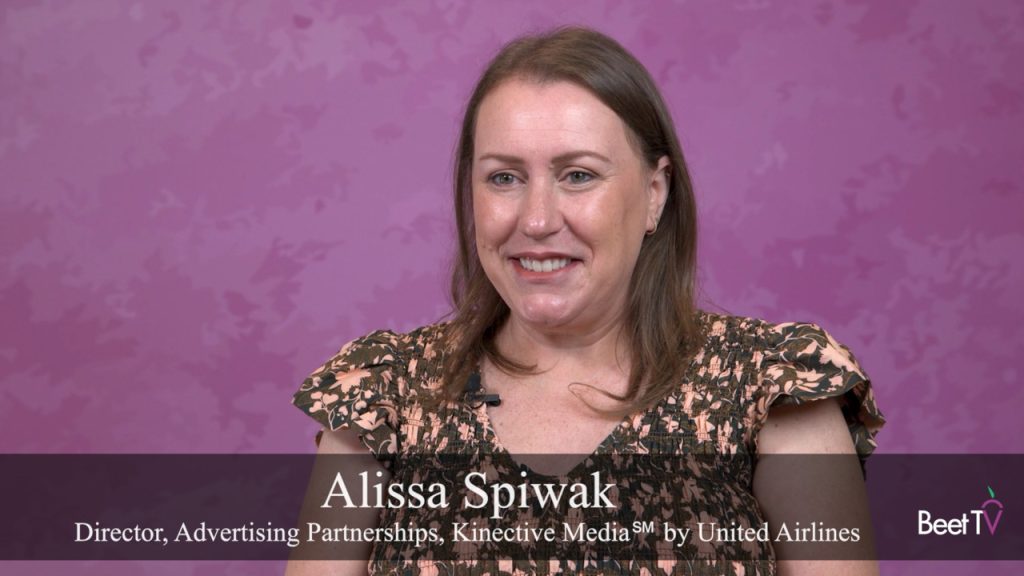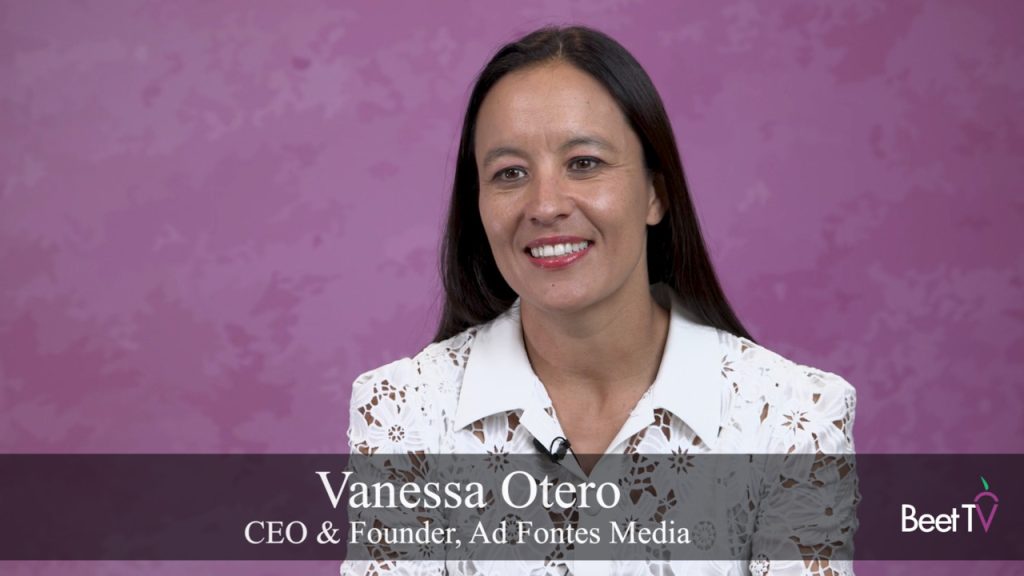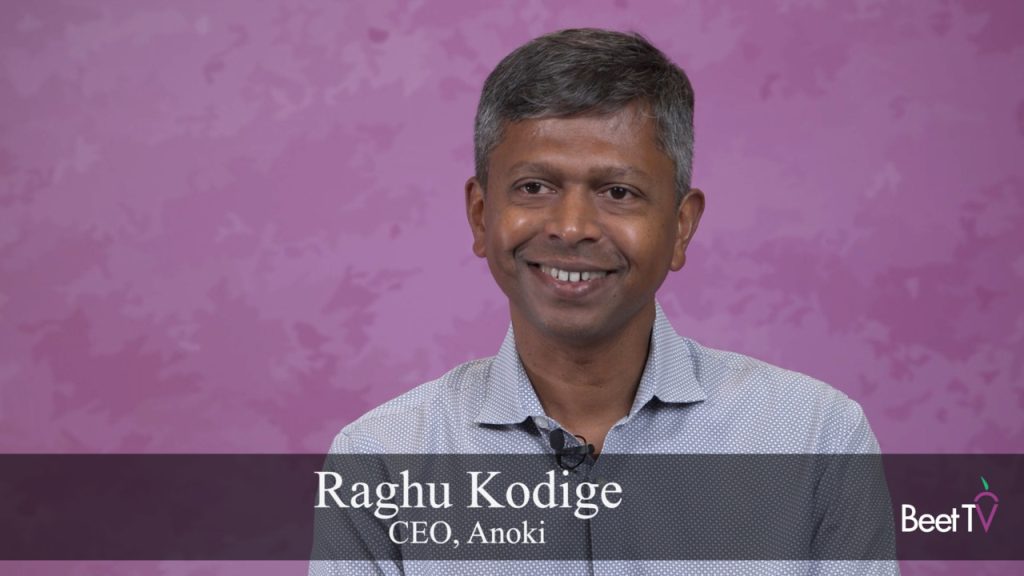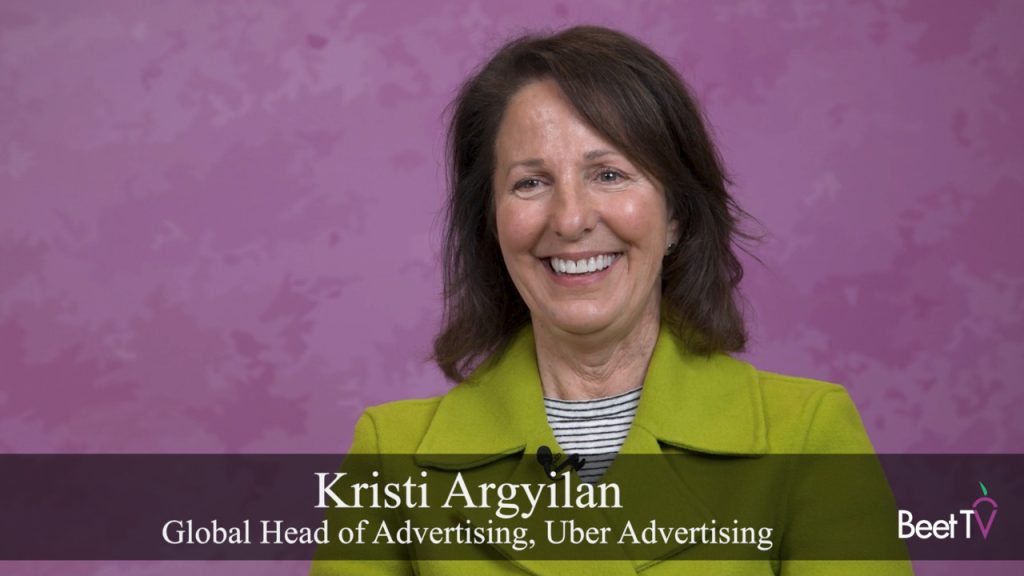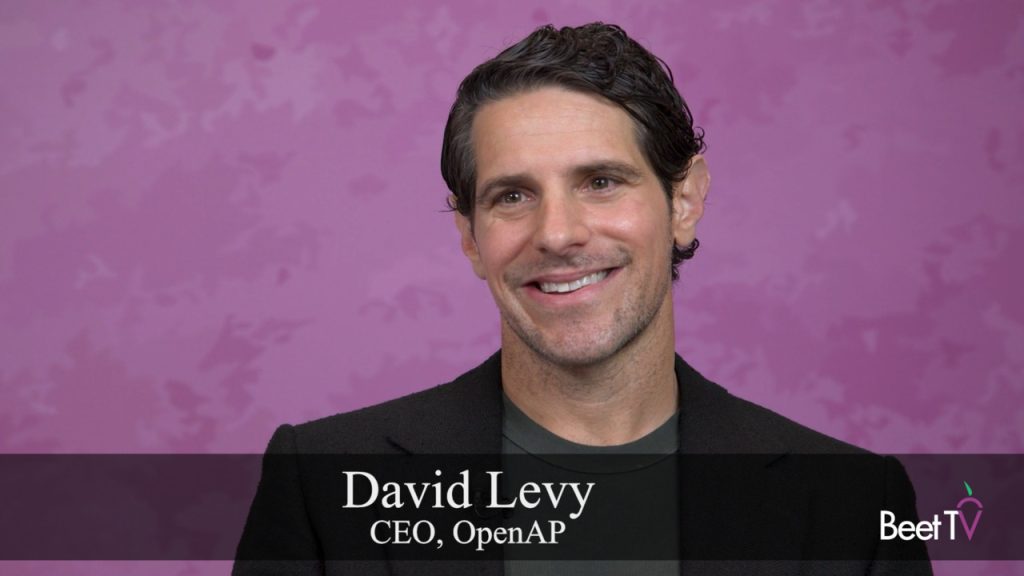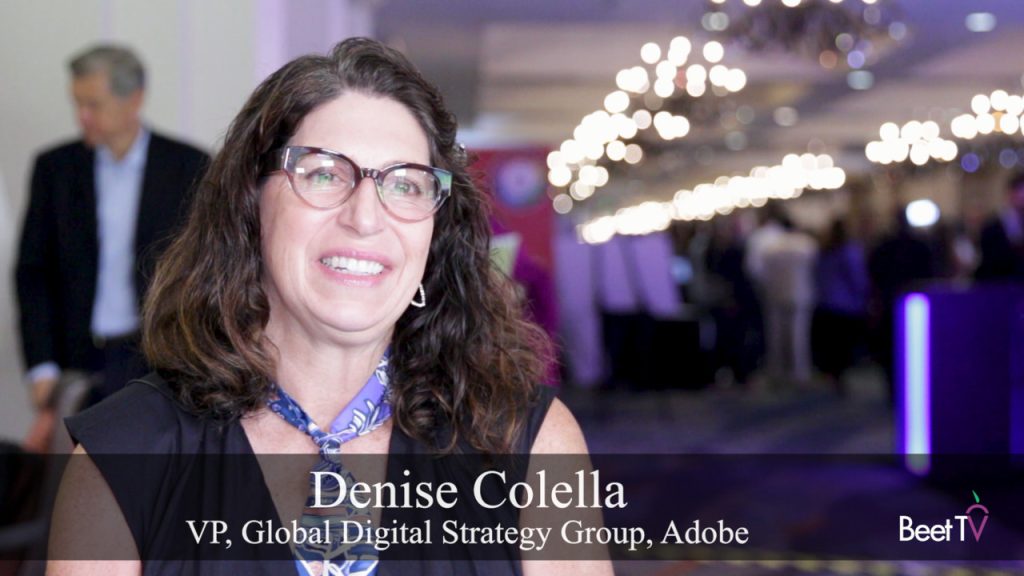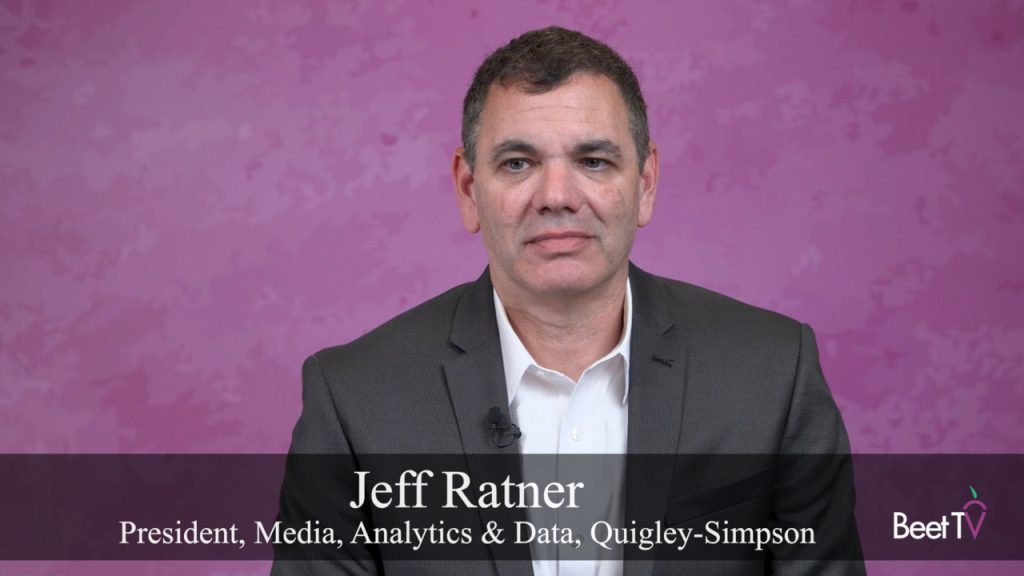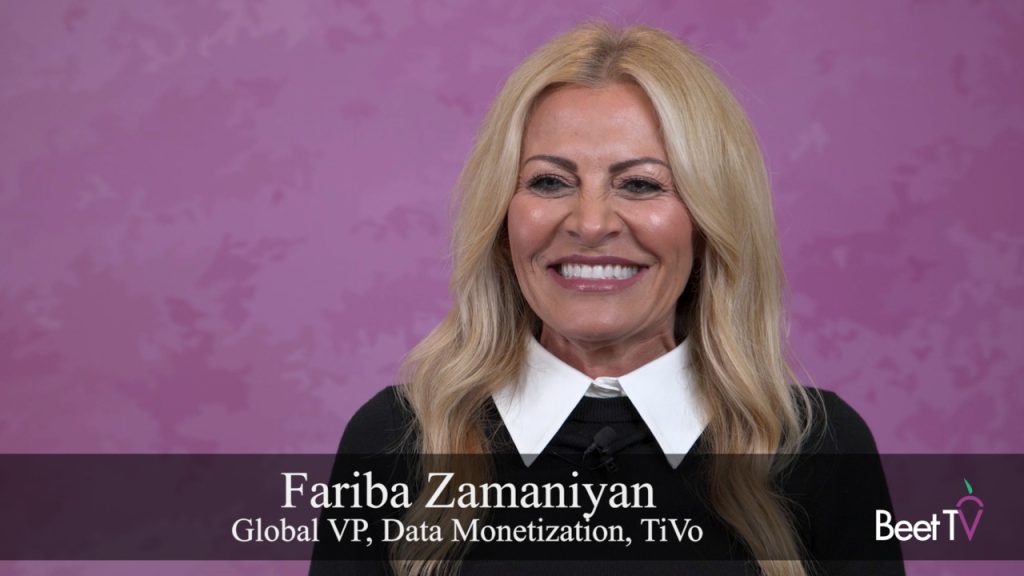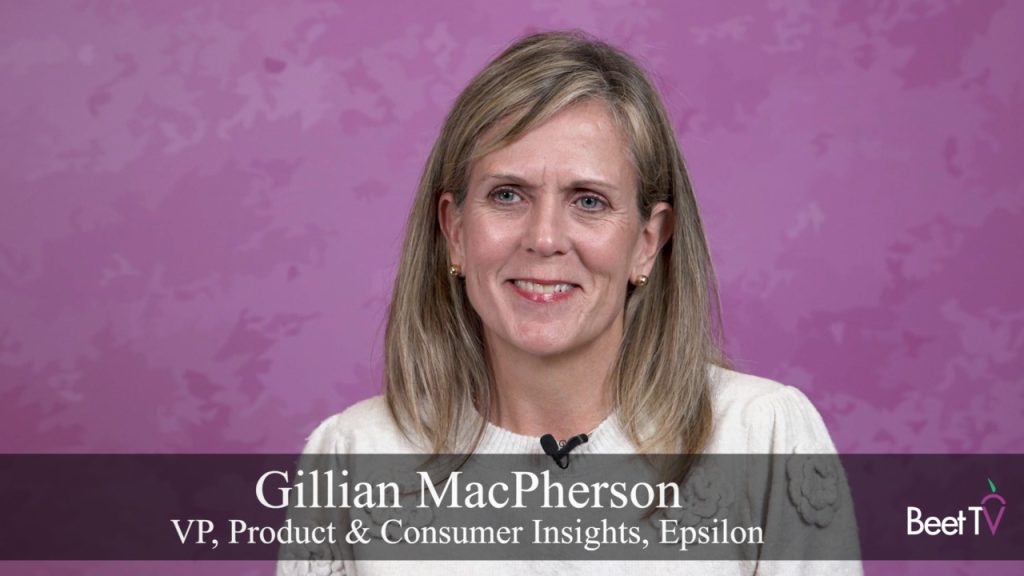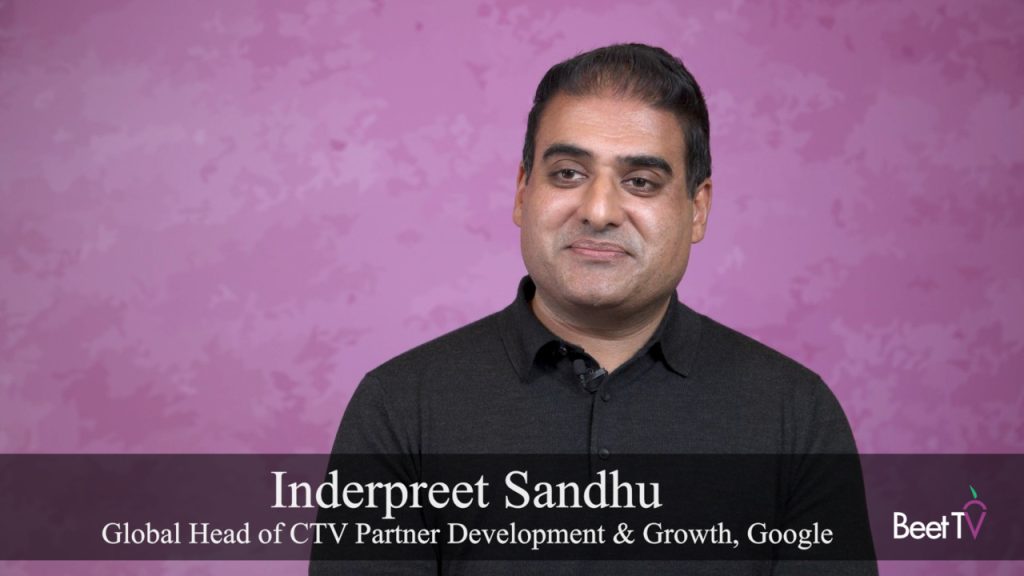2018 was the year Amazon became the number-three digital ad platform in the US, according to eMarketer‘s analysis.
And that tipping point coincided with a large-scale new bearishness that plagued its rival tech platforms, as concerns over ad practices, mental health and democracy coalesced to dog Facebook and Google.
So, who will be winning the race in 2019? In this video interview with Beet.TV, an executive from one of GroupM’s ad agencies says Amazon has taken share from the big two digital ad players, and now stands ready to capitalize on a world of walled gardens.
“The theme of 2018 was that it was a really hard year, from a digital measurement and tracking perspective,” says Essence SVP, media activation, North America, Gila Wilensky.
“And I think 2019 is going to be difficult, as well, as we sort through some of the challenges as it relates to the way we track audiences, and are able to market to our customers.”
Wilensky is talking about the ongoing challenge in which ad buyers want to use the likes of Facebook but find it difficult to put their activities there in the wider context of campaign performance – in other words, the “walled garden” issue.
That has been a grumble of many advertisers for a couple of years now. But, with Facebook facing an onslaught of criticism for insufficient oversight over how its user data is exported out of its platform, it could arguably be an issue that won’t get solved any time soon.
“We have a challenge that we could only get a read on what’s working within one channel, or within one place,” Wilensky says. “We’re not able to say that platform A or media A had this X impact on somebody. It just becomes more of a crap shoot in the way that we’re able to do attribution.”
What does that mean for the GAFA tussle, the race between Google, Apple, Facebook and Amazon for ad supremacy?
Elsewhere in the GroupM stable, Finecast’s CEO has already told Beet.TV that Amazon’s connected TV ad ambitions, after announcing it will take a 30% cut of ad revenue spent over that platform, are clear.
“They’re building a big infrastructure, sales force of going directly after TV money,” Jakob Nielsen said. “So they’re definitely going to be a gigantic player in there.”
But Wilensky sees Amazon’s coming scale as being the sum of its many different parts.
“Amazon’s really interesting, because of the acquisition brands that it has,” she says. “They have amazing data from their customers. Whether or not we can use that in interesting ways will remain to be seen, but I think the acquisitions at Amazon makes is where it’s going to see differentiation.
“Whole Foods is one of them. IMDB was one of their first acquisition brands. And they just have a wealth of data across the different platforms that they own, and so their success, I think, will be in integrating their customer insights across all of those products, and then up-leveling the ad platform, which is pretty nascent right now, as it relates to its competitors.”










